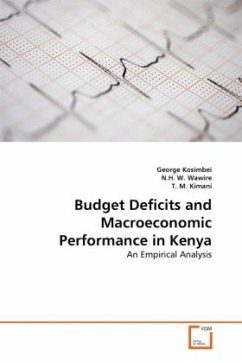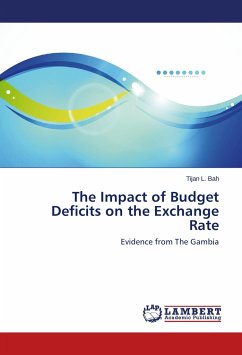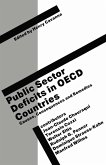Budget deficits have attracted a great deal of attention over the past two decades. They were blamed for the assortment of ills that beset developing countries. These ills are: high inflation, poor investment and growth performance and over indebtedness. The instability in the government fiscal position is attributed to various factors such as the budgeting process, low level of economic development, growth and instability of government revenues, control of government expenditure, and macroeconomic shocks among others. The method of financing the budget deficit results in some type of imbalance. For instance, domestic borrowing leads to the crowding out of the private investments. This book establishes that the budgeting process had loop holes which perpetrated budget deficits. Also, the sources of budget deficits included: level of economic development, growth of revenues, instability of government revenues, government control over expenditures and the extent of government participation in the economy.Budget deficits have a significant effect on: private consumption, private investments, money supply (M3), treasury bills rate, current account and real GDP.







